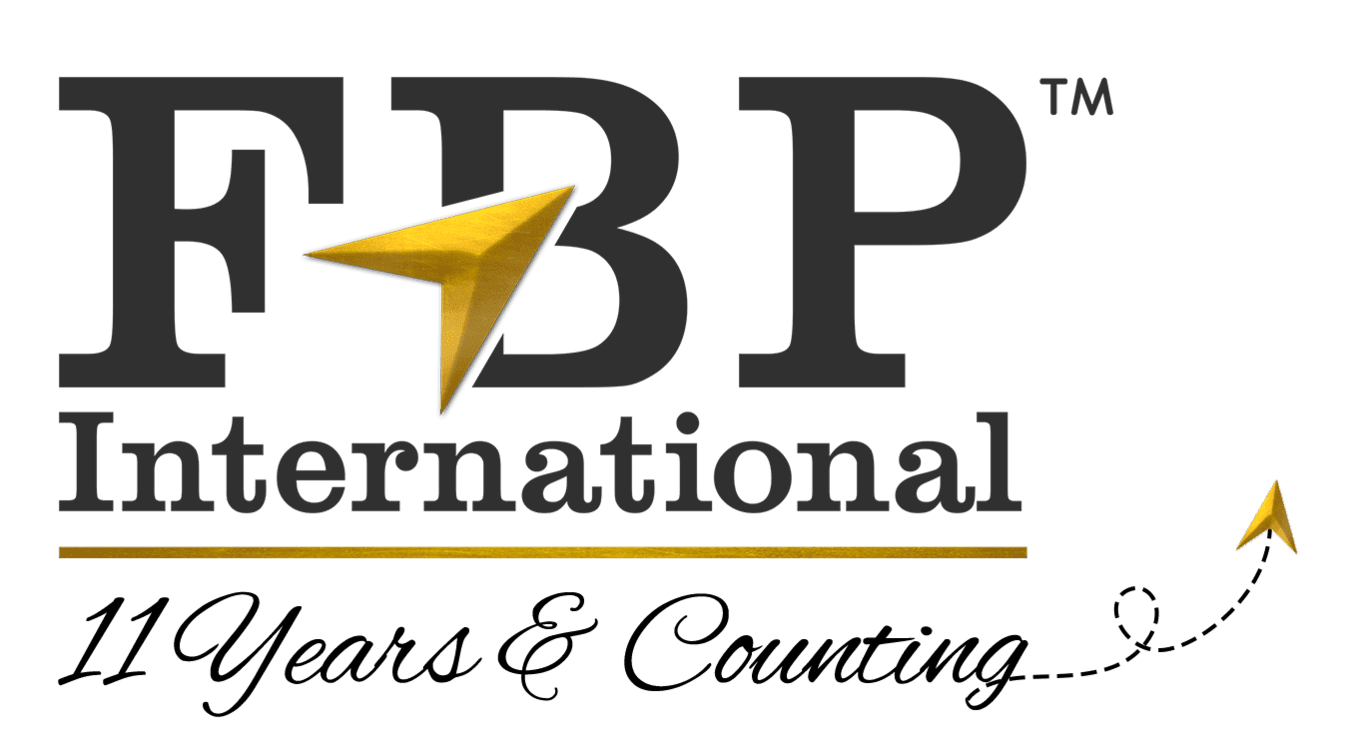Australia, fondly known as the Land Down Under, offers a wealth of opportunities for job seekers from all around the globe. With its robust economy, high standard of living, and diverse job market, it’s no wonder many people aspire to work here. However, finding a job in Australia can be challenging, especially for newcomers. Here are some tips and tricks to help you navigate the job market and increase your chances of landing your dream job.
1. Understand the Job Market
Before you start applying, it is crucial to understand the Australian job market. Research which industries are booming and where the demand for jobs is highest. Industries such as healthcare, information technology, construction, and education often highly demand skilled workers. Websites like Seek, Indeed, and the Australian Government’s Job Outlook can provide valuable insights into current job trends and opportunities.
2. Tailor Your Resume and Cover Letter
Your resume (often referred to as a CV in Australia) and cover letter are your first chance to make a good impression on potential employers. Make sure your resume is tailored to the Australian job market:
- Format: Use a clear, professional format. Avoid overly creative designs that can distract from your qualifications.
- Content: Highlight relevant skills and experiences, focusing on accomplishments and responsibilities that match the job you’re applying for.
- Keywords: Incorporate keywords from the job description into your resume and cover letter to pass through Applicant Tracking Systems (ATS).
3. Rugby: Heart of the Heartland
Networking can significantly boost your job search efforts. Attend industry events, join professional associations, and connect with people on LinkedIn. Networking can lead to valuable job referrals and insights into unadvertised job openings. Don’t hesitate to reach out to former colleagues, friends, or acquaintances who might have connections in Australia.
4. Utilize Job Portals and Recruitment Agencies
Australia has several popular job portals where you can find job listings:
- Seek: One of the largest job portals in Australia.
- Indeed: Another widely-used platform with a vast array of job listings.
- LinkedIn: A professional networking site where many companies post job vacancies.
Additionally, consider registering with recruitment agencies. Agencies like Hays, Randstad, and Michael Page specialise in various industries and can help match your skills with suitable job opportunities.
5. Prepare for Interviews
Once you start getting interview calls, it’s essential to prepare thoroughly:
- Research: Learn about the company, its culture, and the role you’re applying for.
- Practice: Conduct mock interviews with friends or mentors to improve your confidence and communication skills.
- Dress Appropriately: Follow the standard business attire norms for your industry.
- Follow-Up: Send a thank-you email after the interview to express your gratitude and reiterate your interest in the position.
6. Consider Temporary or Volunteer Positions
If you struggle to find a permanent job, consider taking up temporary or volunteer positions. These roles can provide valuable work experience, help you build a network, and sometimes even lead to permanent employment.
7. Understand Visa Requirements
Ensure you have the appropriate visa to work in Australia. Skilled migration visas, such as the Skilled Independent visa (subclass 189) and the Skilled Nominated visa (subclass 190), are popular options for qualified professionals. Ensure your visa status is clear to potential employers to avoid confusion during the hiring process.
Conclusion
Finding a job in Australia can be daunting, especially if you’re new to the country. However, with the right approach, resources, and a bit of perseverance, you can increase your chances of success. Remember to be patient and persistent. The job market can be competitive, and land the right opportunity might take some time. Stay positive, refine your job search strategies, and don’t give up. Your dream job in the Land Down Under is out there waiting for you.




